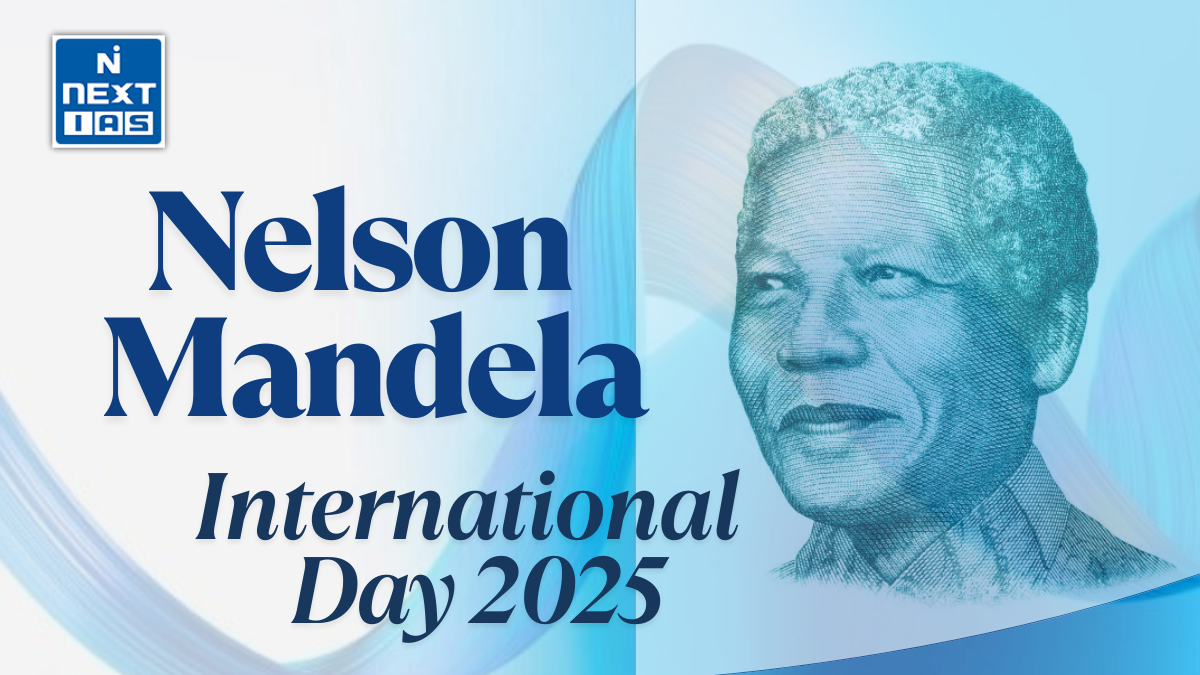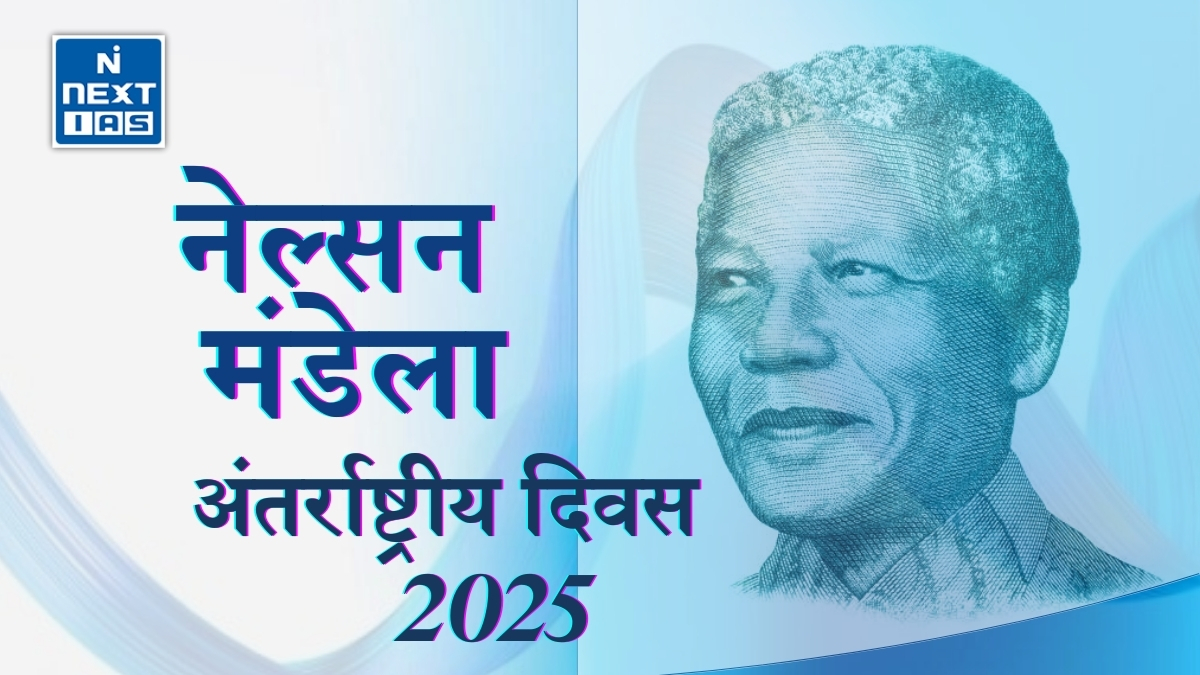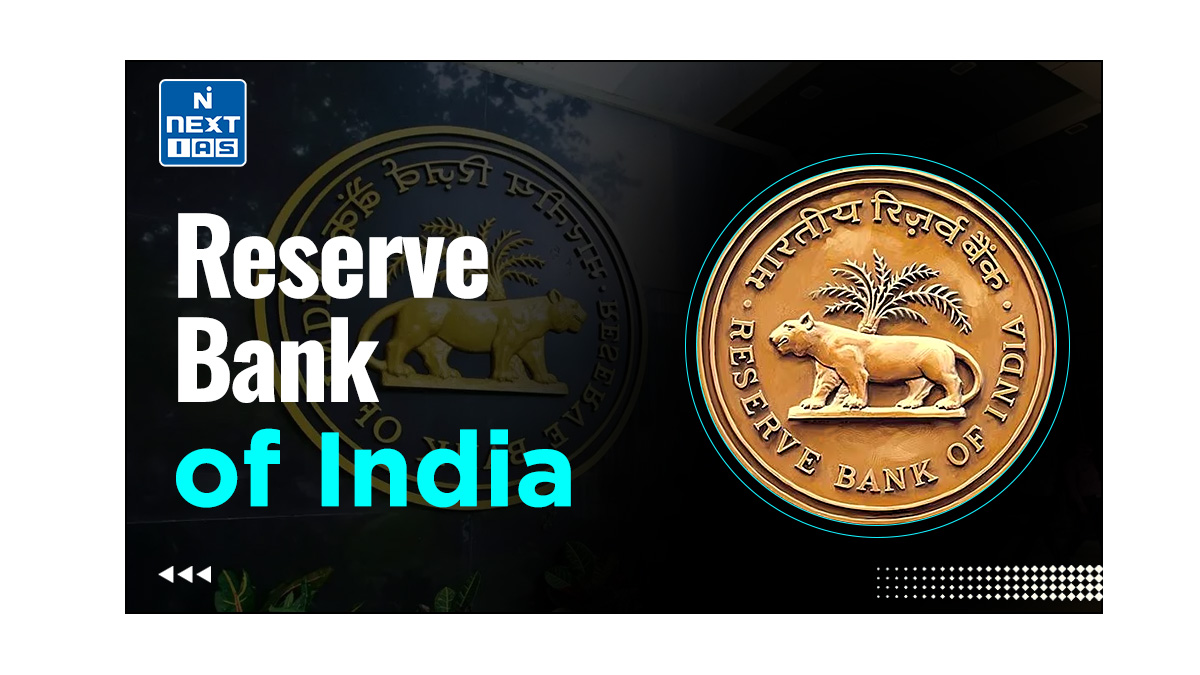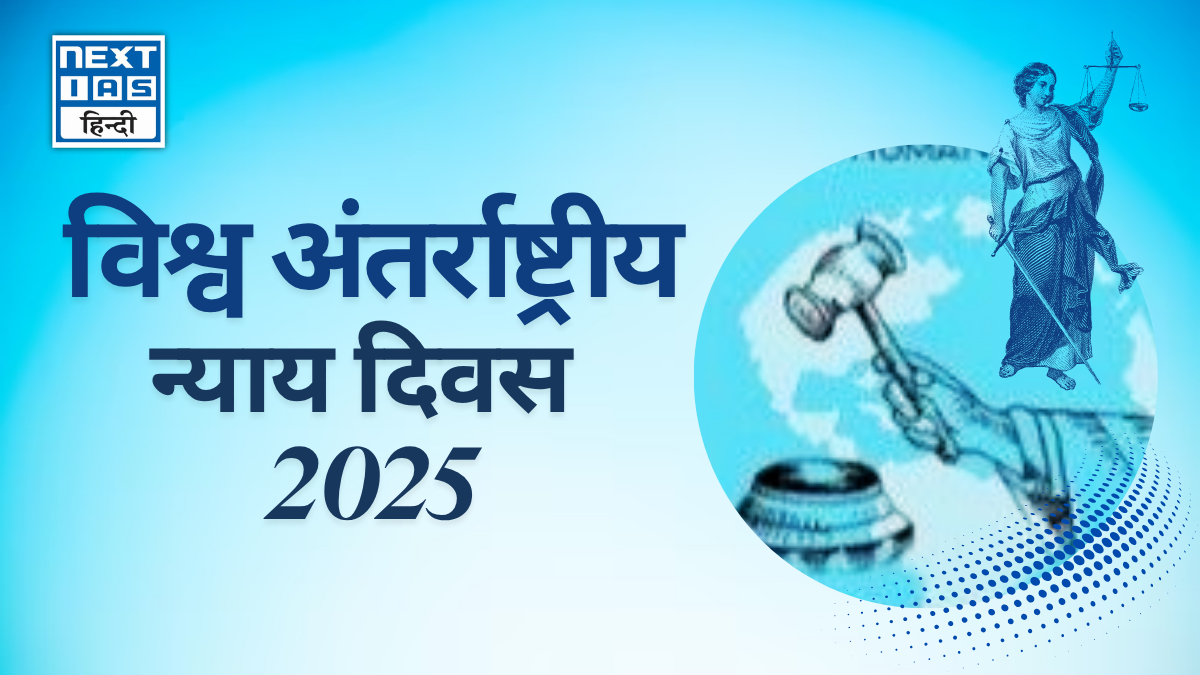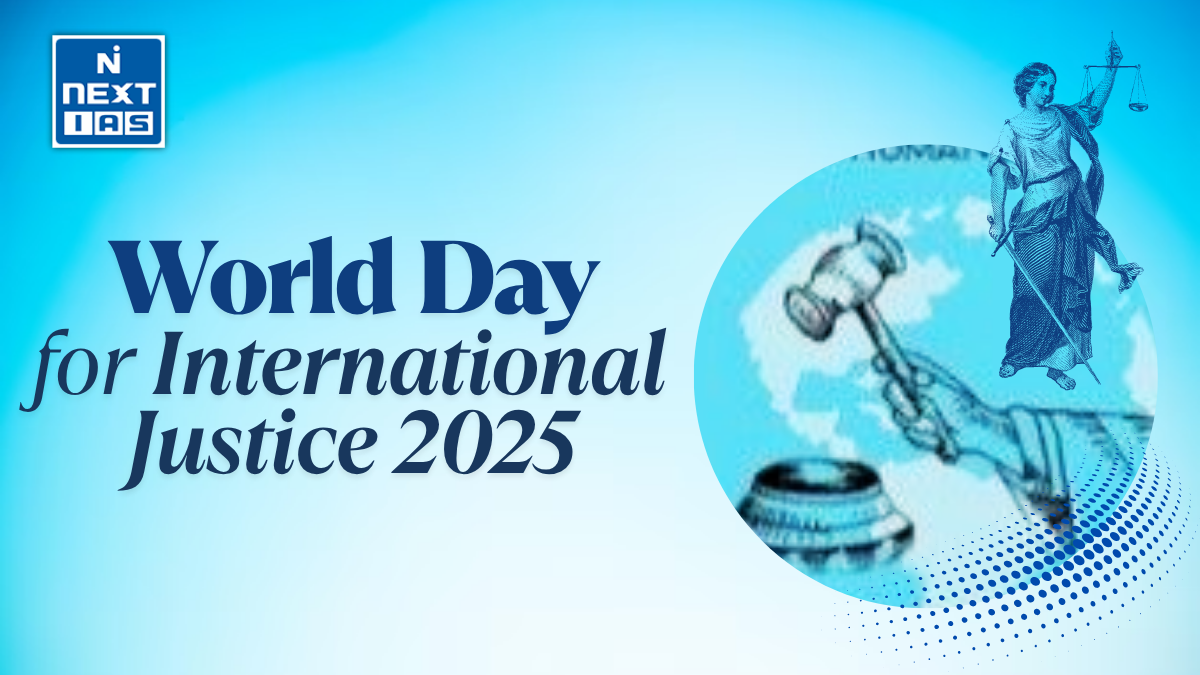
In India, National Statistics Day is celebrated on 29 June to mark the birthday of Prof. Prasanta Chandra Mahalanobis, the father of Indian statistics. The occasion also highlights the role of statistics in policy formulation, planning, and development, thus creating awareness of how statistics shape a data-oriented society.
About the National Statistics Day
- National Statistics Day is celebrated in India on June 29 every year to commemorate the birth anniversary of Prof. Prasanta Chandra Mahalanobis, one of the greatest Indian statisticians and the father of modern statistical systems in India.
- It pays homage to his significant achievement in the field of statistics and other related areas like economic planning and policy formulation, including the famous Mahalanobis distance and India’s Five-Year Plans.
- The day was first observed in 2007, to educate the public on the role of statistics in social and economic planning and the process of policy decision-making, and to underscore the importance of data collection, analysis, and interpretation in good governance.
- The Ministry of Statistics and Programme Implementation (MoSPI) conducts seminars, workshops, and competitions nationwide to promote statistical literacy.
- Each year, with a theme in tow, celebrations direct attention to pertinent issues that are data-driven and relevant to national development concerns. National Statistics Day is a day for promoting decision-making on evidence.
Key Facts about National Statistics Day
| Aspect | Details |
|---|---|
| Name of the Day | National Statistics Day |
| Date of Observance | June 29 |
| Purpose | To raise public awareness about the importance of statistics in policymaking and nation-building |
| First Observed | 2007 |
| Organized By | Ministry of Statistics and Programme Implementation (MoSPI), Government of India |
| Significance | Marks the birth anniversary of Prof. Prasanta Chandra Mahalanobis |
| Who was P.C. Mahalanobis? | Renowned Indian statistician; founder of the Indian Statistical Institute; architect of India’s Second Five-Year Plan |
| Contribution to India | Introduced large-scale sample surveys; Mahalanobis Distance; modern statistical system |
| Typical Events | Seminars, workshops, lectures, awards for statistical contributions |
| Declared by | Government of India |
| Status | National Observance |
Significance of the Day
- June 29 is observed as National Statistics Day across India. This day honors the greatest modern statistician of India, Prof. Prasanta Chandra Mahalanobis.
- The objective, being his creation, is to increase public awareness about the importance of statistics in nation-building and policy formulation.
- Statistics find major fields of application in health, education, agriculture, environment, and economic planning.
- By providing accurate data, they assist policymakers in decision-making, monitoring and evaluation, and effective implementation of development programs.
- Celebrating this day signifies how decisions based on statistical evidence result in better transparent governance.
- Established in 2007 by the Government of India, it is celebrated through seminars, workshops, and discussions by MoSPI and other institutions.
- Themes are selected each year to highlight various aspects of development goals and their application in statistics.
- This day also inspires students and young professionals to take up statistics and data science as their professional careers.
- By commemorating Prof. Mahalanobis’s legacy, the day reinforces the value of statistics as a powerful tool for achieving inclusive growth and sustainable development in India.
About P.C. Mahalanobis
- Prasanta Chandra Mahalanobis was a statistician and scientist, widely regarded as the father of modern statistics in India.
- Born on June 29, 1893, he made pioneering contributions to the field, almost being best known for formulating Mahalanobis Distance, a measure of multivariate distance used in statistical analyses.
- Mahalanobis contributed to the planning and execution of India’s Five Year Plans by applying statistical techniques to problems of economic and social development.
- He founded the Indian Statistical Institute (ISI) in 1931, depending on which the premier research and educational institution in statistics was built. In 1950, he set up the National Sample Survey (NSS) for gathering socio-economic data for policy purposes.
- Thus, his activities practically laid the foundation for large-scale statistical operations in India.
- Having been a close companion of Jawaharlal Nehru, Mahalanobis championed the cause of the infusion of statistics into governance.
- June 29 was ushered in as National Statistics Day in India to celebrate his achievements.
Celebrations and Activities of June 29 – National Statistics Day in India
- On June 29, National Statistics Day is celebrated across India with various events organized principally by the Ministry of Statistics and Programme Implementation (MoSPI).
- The observances include seminars, conferences, and workshops on the role of statistics in policymaking, development planning, and governance.
- Academic institutions, research units, and government departments actively participate in holding lectures, panel discussions, and exhibitions.
- A key attraction is the declaration of the annual theme that guides discussions and initiatives of the day.
- Awards and recognitions are also given to persons and institutions for extraordinary contribution in the field of statistics.
- Outreach programs also go on to educate students and the general populace on the importance of statistical methods in everyday life and in national development.
- The celebrations hope to create a movement for statistical literacy and toward remembering the contribution of Prof. P.C. Mahalanobis and to match it with the aspirations of future generations through engagement in statistical research and applications.
Role of Statistics in Governance
- Statistics play an epistemological role in governance and patronize policy options, planning, and decision-making.
- National Statistics Day emphasizes the importance that accurate and timely data have for public administration in India.
- Statistical input enables government programs to be carried out with transparency, resources to be allocated efficiently, and socio-economic policies to be made with impact.
- From monitoring population growth and unemployment rates to assessing various health, education, and agricultural interventions, statistics permit evidence-based management.
- Census, National Sample Survey, and GDP estimation are tools to monitor development and redress inequalities.
- Such kind of governance holds those in power accountable and allows for recalibration of public interventions.
- By celebrating the day, the importance of statistical systems with respect to enacting inclusive growth through the central and state governments is highlighted.
- The day honors the memory of P.C. Mahalanobis by encouraging the strengthening of the statistical institution and continuing to infuse data science into national development strategy.
Way Forward
Going on National Statistics Day should mean raising consciousness about statistical literacy, integrating modern-day data analytics into governance, and involving youth in statistical research. Further data quality and accessibility measures shall create an ethical circumstance for inclusive policymaking and are certainly going to engender inclusive growth and evidence-based development across sectors in India.
Conclusion
National Statistics Day, held on 29 June, celebrated the birth anniversary of P.C. Mahalanobis emphasized the importance of statistics in nation-building. It encourages the usage of data for decision-making and creates consciousness among the general population regarding statistical tools. It encourages the younger generation to contribute toward developing evidence-based decision making for the growth and development of India.
Frequently Asked Questions
Whose birthday is celebrated as Statistics Day in India?
Statistics Day has been celebrated on June 29 in India in honor of the birth anniversary of one of the pioneers in Indian statistics-the late Prof. Prasanta Chandra Mahalanobis. He basically gave a new dimension to statistical science with his work, most notably the Mahalanobis Distance, and was instrumental in planning and policymaking in the country using data analysis.
Who started statistics in India?
Statistics in India was introduced and nurtured by Prof. Prasanta Chandra Mahalanobis, often dubbed the father of modern statistics in the country. He had found the Indian Statistical Institute at Calcutta in 1931 and was instrumental in weaving statistics into national planning, receiving inputs for the formulation of India’s Five-Year Plans and large-scale surveys.
Who is the father of the Indian budget?
The Scottish economist and politician James Wilson is regarded as the father of the Indian budget. The first budget was proposed in India in 1860 by Wilson under the British regime. Appointed as a first Finance Member of India, Wilson set the basis for financial administration, taxation, and budgeting in colonial India.
